The recent anti-CCP (Chinese Communist Party) unrest in the Solomon Islands has prompted the Chinese regime to send police aid to the Pacific Islands nation. Beijing’s move attempts to undermine the United States as the dominant power in the Pacific, according to analysts.
The Chinese Communist Party (CCP) spokesperson Zhao Lijian said the personnel and the supplies would arrive in the Solomon Islands soon, adding that China firmly backs the government of Prime Minister Manasseh Sogavare’s right to defend “the country’s stability” while condemning any illegal and violent actions.
Sogavare had just survived a no-confidence vote on Dec. 6, after it was alleged that he had been bribed by the CCP for his support.
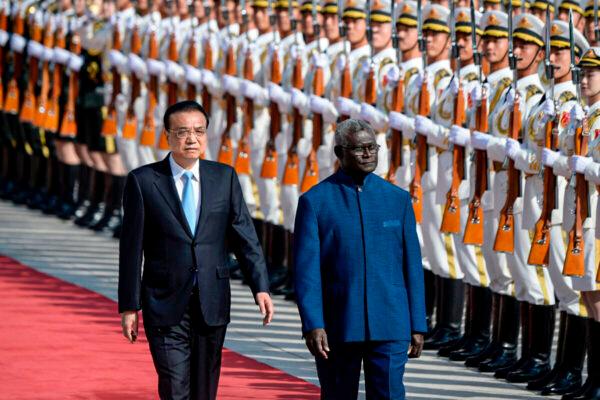
The Solomon Islands is located about 1,500 kilometers northeast of Australia, east of Papua New Guinea, and has a population of about 700,000.
On Nov. 24, protests against Sogavare’s pro-Beijing administration broke out in Honiara, the capital of the Solomon Islands. The protests quickly escalated into riots that lasted three days. The local Chinatown was ransacked and dozens of properties were burned down, including police stations, banks, and private dwellings. At least three were killed.
One of the primary triggers for the unrest was Prime Minister Manasseh Sogavare’s sudden decision to establish diplomatic relations with China and cut ties with Taiwan—which it had maintained diplomatic relations with for 36 years.
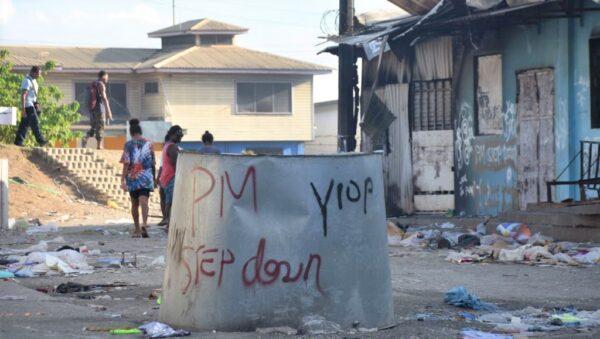
The 1942 Battle of Guadalcanal established the strategic importance of the Solomon Islands in the Pacific. The critical military campaign was fought by Allied forces against the Empire of Japan during World War II on the principal island in Guadalcanal Province of Solomon Islands, ending all Japanese expansion attempts during World War II.
Beijing’s Plan to Increase Policing Worldwide
Beijing relies on the Chinese police force to maintain its political and economic interests domestically and abroad. In Hong Kong, China’s police forces have showcased their contempt for individual rights and the independent rule of law, calling its actions against Hong Kongers “maintaining stability.”According to China’s Ministry of Finance, the CCP’s expenditures for “maintaining stability”—domestic and abroad—have exceeded its defense spending for three consecutive years since 2011. After 2014, the data on its police force expenditure was no longer made public.
While suppressing its own people, the CCP is more than willing to export its communist repression abroad.
The Epoch Times obtained an internal document from the Yunnan Police Officer Academy in May 2020, revealing the CCP’s plan to increase its police presence abroad through its Belt and Road Initiative (BRI).
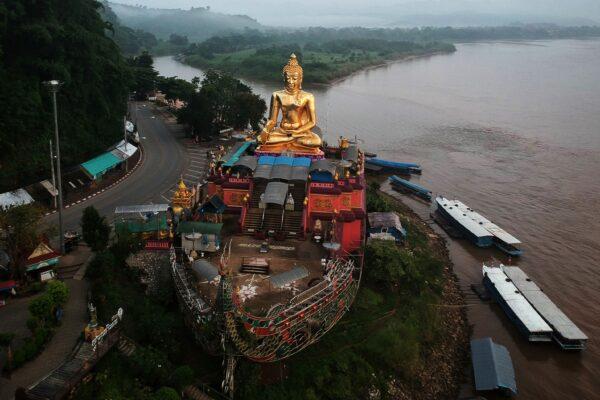
The document showed the institute trained 56 foreign Master’s students in policing from many BRI countries, including Afghanistan, Argentina, Angola, Pakistan, the Philippines, Cambodia, Laos, Mongolia, Myanmar. The CCP provided those foreign students with full scholarships.
The Yunnan Police Officer Academy has also established a Southeast Asian Police Training Base. From 2016 to 2019, 67 training courses were held to train 1,241 foreign police officers.
Political commentator Li Linyi said that the CCP is nurturing and recruiting foreign police agents to spread its ideology and influence abroad.
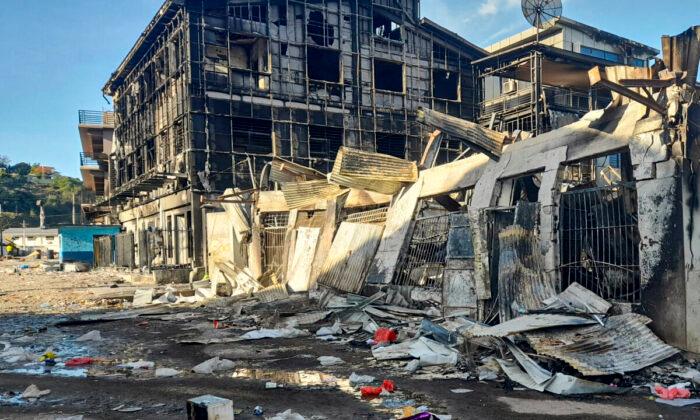

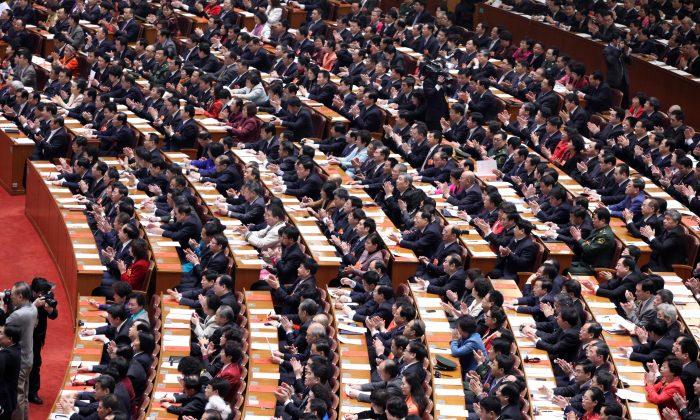
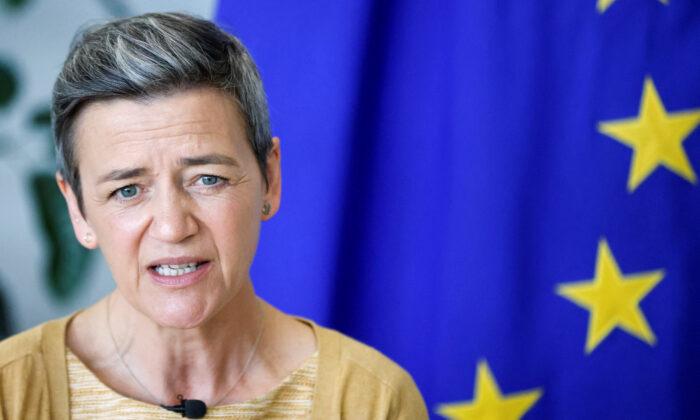

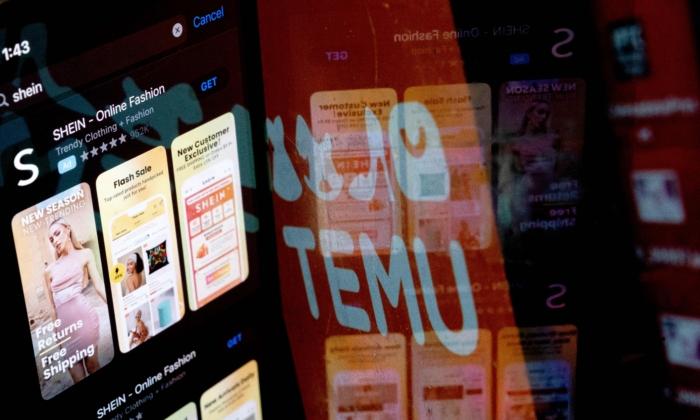
Friends Read Free